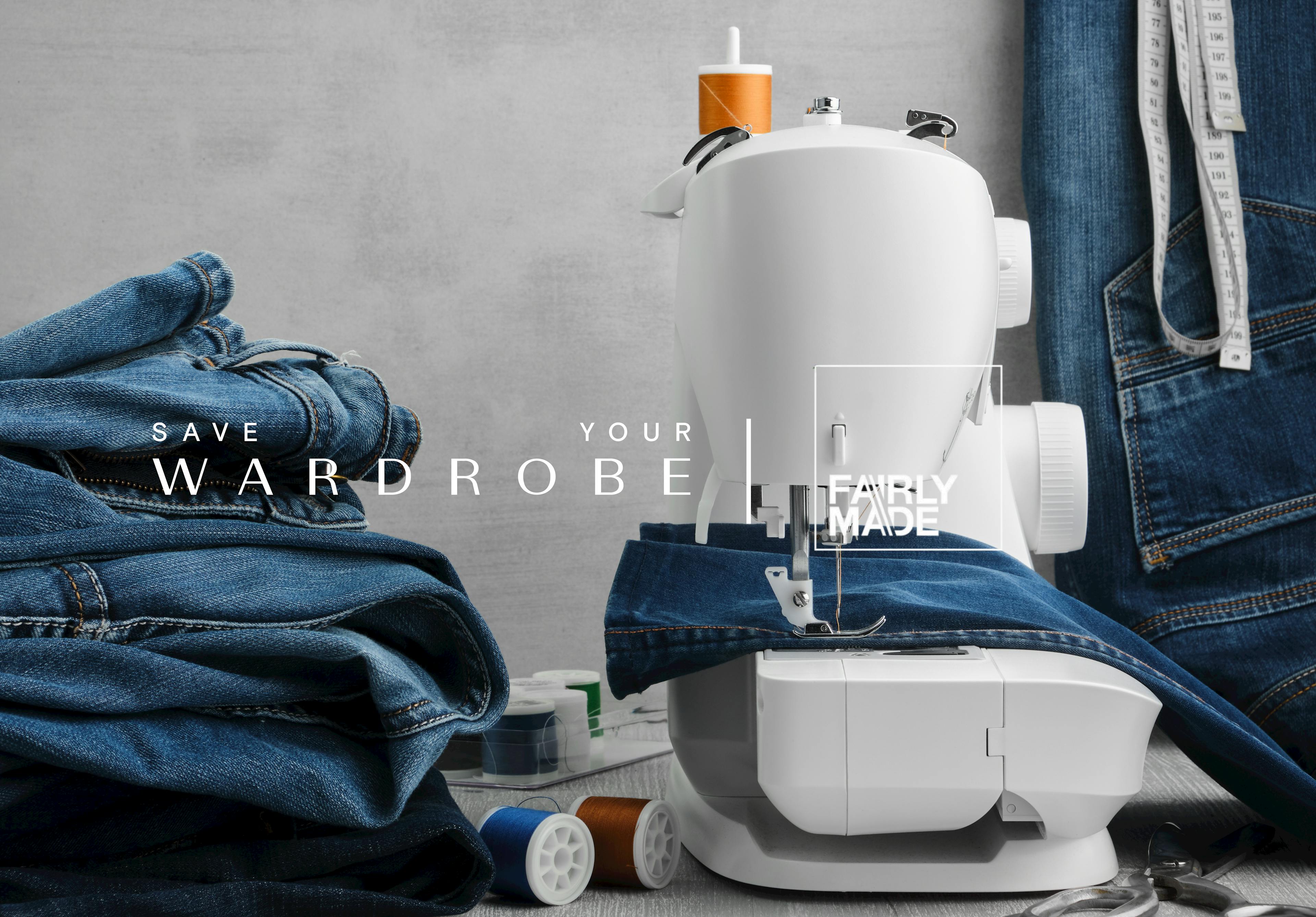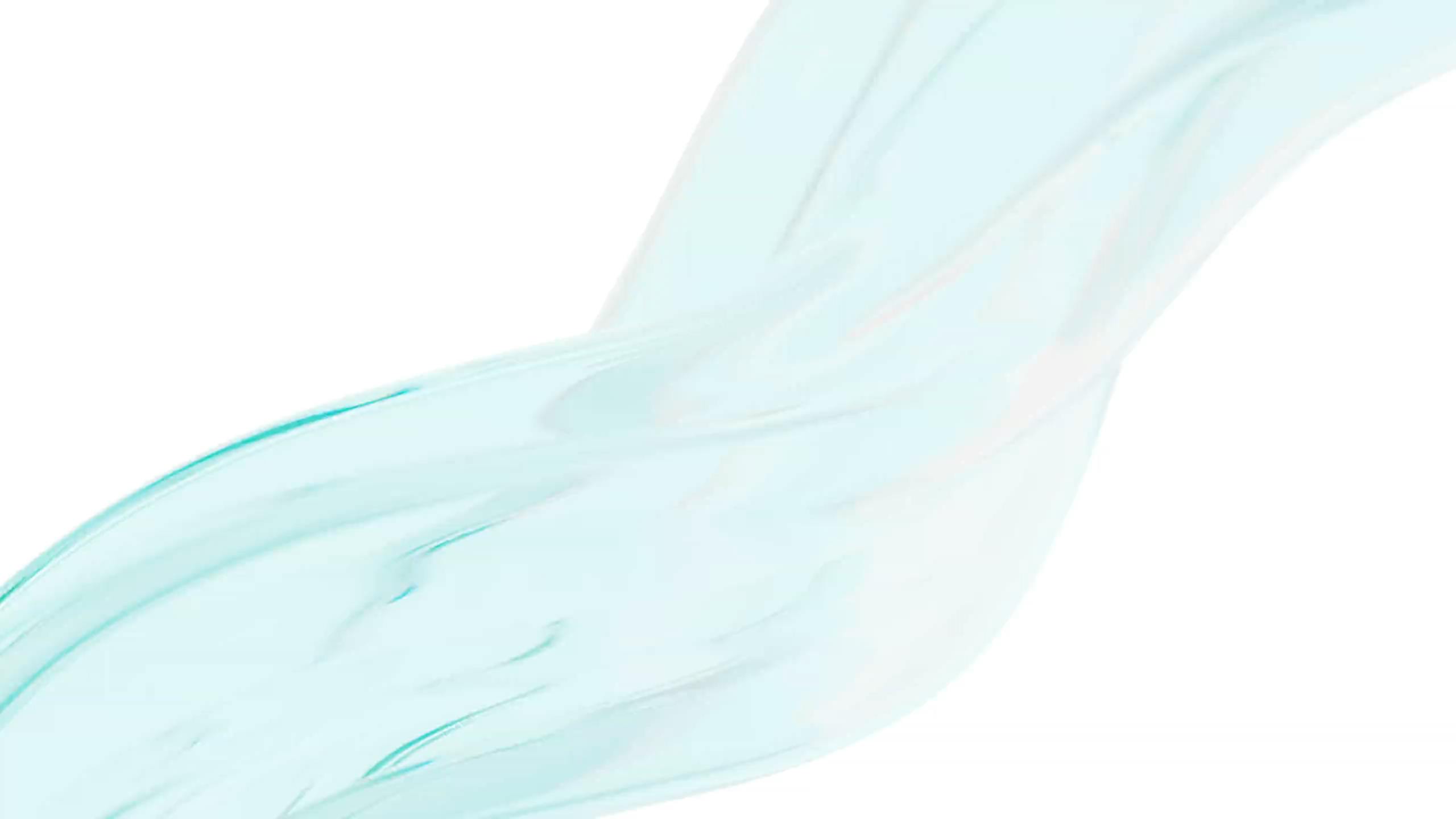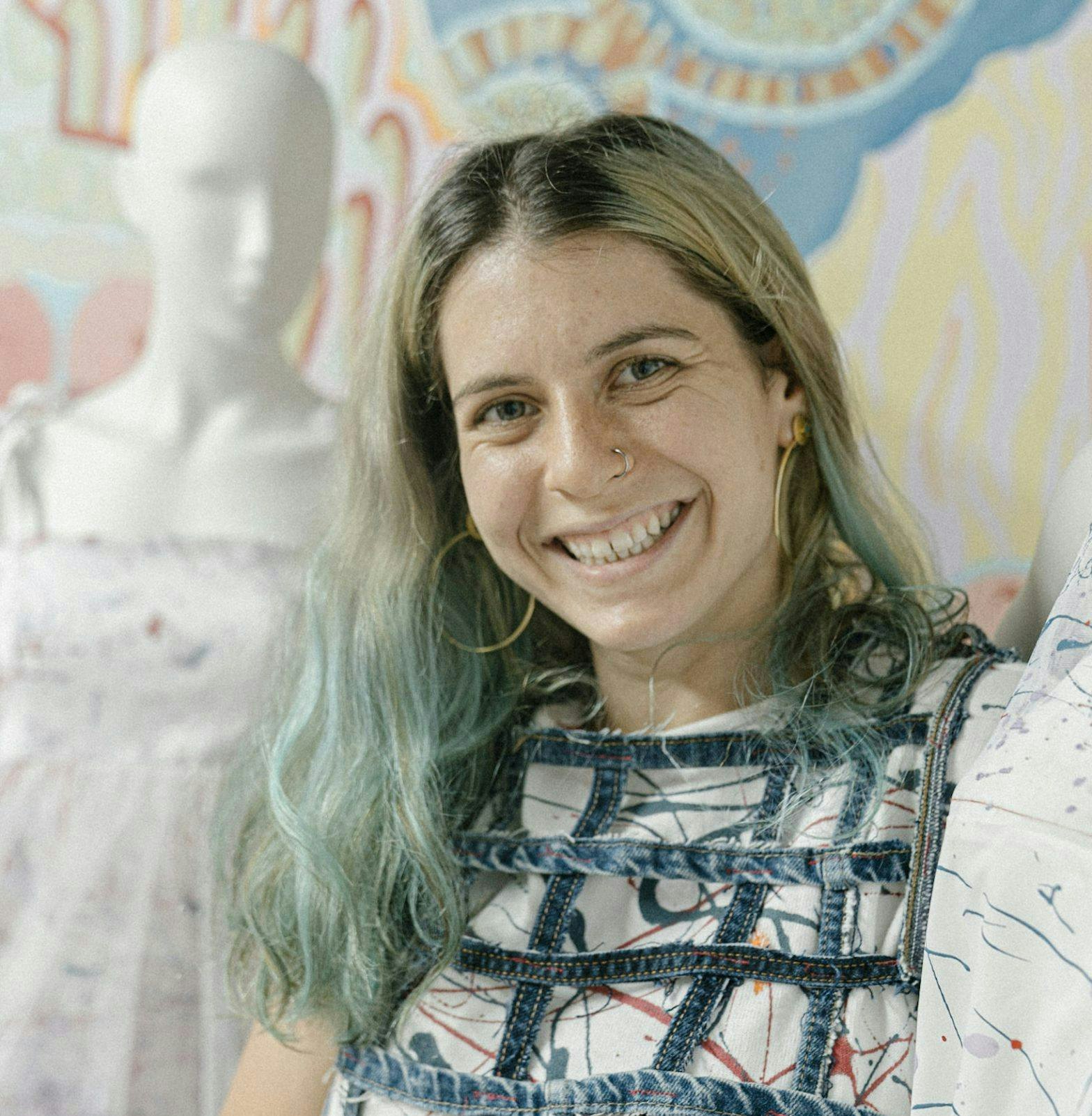
Making new fashion out of the old: a conversation with zero-waste designer Pangea Kali Virga
Pangea Kali Virga is a creator working in fashion and art while staying committed to zero-waste. Georgia Taylor-Stidwell is in conversation with Pangea Kali Virga to talk all things sustainability, zero-waste and the good the bad and the ugly of the digitised world we all have come to inhabit.
Earlier this year I joined zero-waste designer Pangea Kali Virga (via zoom) in her Miami home. Wearing one of her own zero-waste creations she excitedly explained it was patchworked from old costume hems and was every bit as amazing as it sounds. This paired with a fabulous vintage sparkly poncho left me feeling decidedly under-dressed but in equal parts inspired – the ultimate sign of a wonderful outfit.
I have worked with Pangea a few times over the past few years and every encounter I have with her I am struck by not only her innate creativity, but her absolute dedication to sustainable living and the role she plays within the fashion industry as a zero-waste designer.
Georgia Taylor-Stidwell: Thank you so much for taking the time to speak with me today. It has been such a pleasure to work with you on a few different projects now! Would you be able to give me a little bit of background on your latest collection: Inner Compulsion?
Pangea Kali Virga: I have been really inspired by Bauhaus, a german school that combined crafts and the fine arts. There is so much cohesion between the theme of Bauhaus and technological development. The Bauhaus in general was so forward-thinking, especially when it came to technology and design. It is amazing to see how their ideas of the future are aesthetically holding-up today.
I like to make clothes that make people feel larger than themselves. I think most people feel larger than their physical selves but they just don’t know how to express it, they don’t have the vehicle for it. My clothes, even beyond this collection, serve as this vehicle.
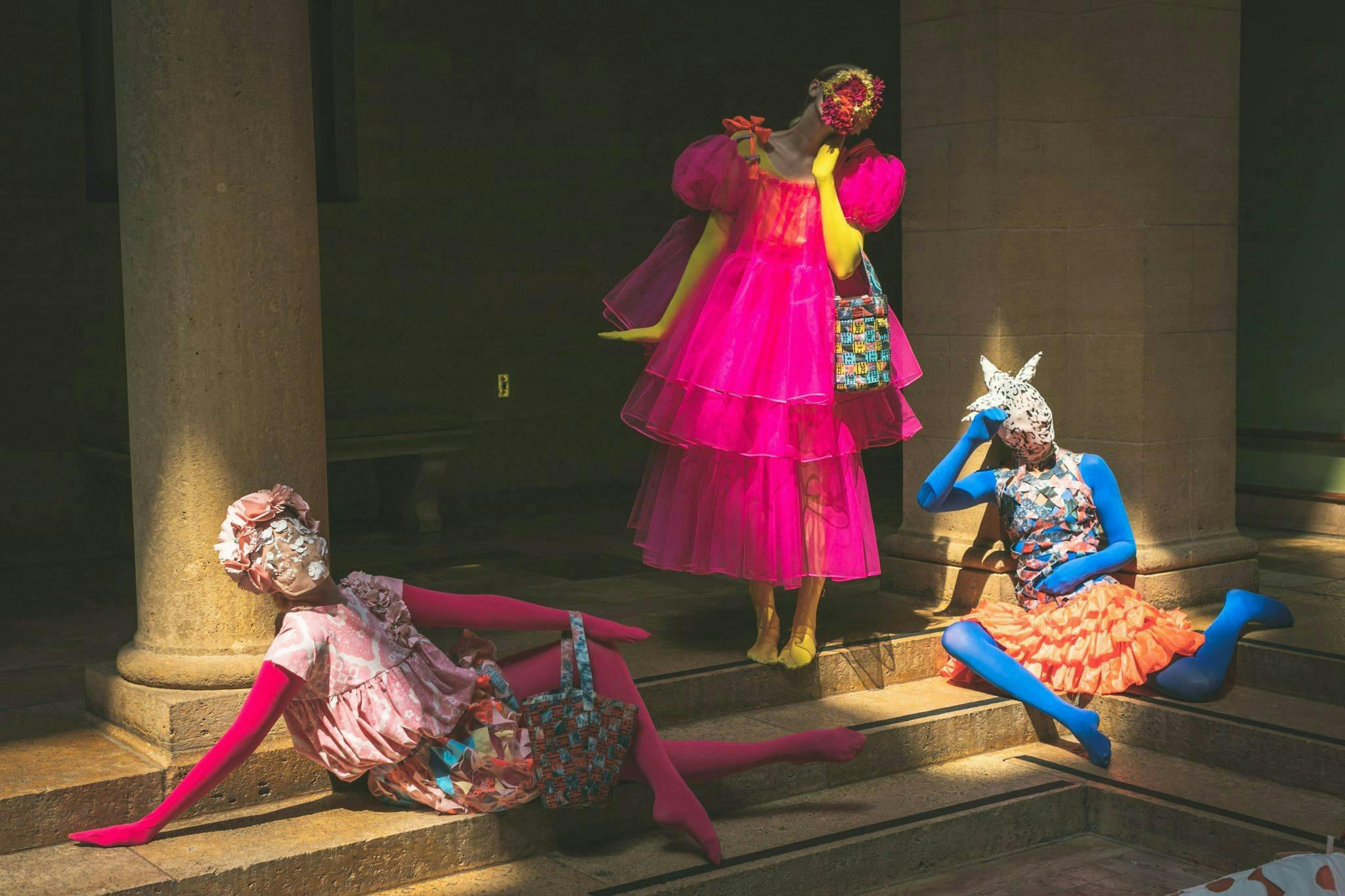
Pangea’s Inner Compulsion collection
And how did you make the switch to zero-waste? What prompted the move for you?
Seeing how much is thrown away all the time. I thought about the whole industry and an entire fast fashion brand doing a run of a t-shirt and how many millions of pounds of textile waste are just thrown out.
Zero-waste is really important to me as I think unnecessary waste is a major flaw in the industry, and this is just on the production side without considering the waste when people throw clothes out! I wanted to find ways that I could combat that individually and think about how this could happen on a larger scale. — Pangea Kali Virga
Whenever I cut anything I stick it on a cloth stack next to my machine. I make my labels from it, I stuff things with it… It ends up saving me resources and money because I am not getting custom-made labels but rather doing it myself out of scraps. This also adds more emotional value, creating one big story that is all connected.
Could you tell me a bit more about your creative process?
Before I start sketching I write notes. My friends make fun of me because I am the Google Doc queen! Collections for me are usually a way to meditate on a particular conflict that I have in my life, usually philosophical. The process of making clothes helps me to meditate – this is how I express myself – how my mind is able to metabolise these deeper thoughts and really sort through them.
So I start every collection with an internal conflict. For example, the first collection I ever did was inspired by my internal conflict being a fashion designer who is dedicating their life to clothing but I am a nudist and believe that people should be more comfortable in their naked bodies. The clothes that I made for that collection were all skin toned and based on different elements of the skin. I did a corset that was quilted and the quilting looked like the lines that you would have on your palm. The chiffon pleating was supposed to be reminiscent of aging skin. It was about how you express yourself through your clothes as your second skin.
Can I ask what was the conflict that was going on behind the current collection?
It is about living in Miami, we moved here after living in Vietnam for a year. We were supposed to be here for two months and it’s coming up to two years. I hadn’t really wanted to be here, but I have been making the best of it. This collection was me embracing the city because it has taught me a lot. I have made some beautiful friendships here. This is one of the first collections that was more about a resolution.
All of the materials were provided by people in Miami that I am connected to, that I admire and that I celebrate. They gave me pieces of their clothing and let me create these ‘new’ pieces.
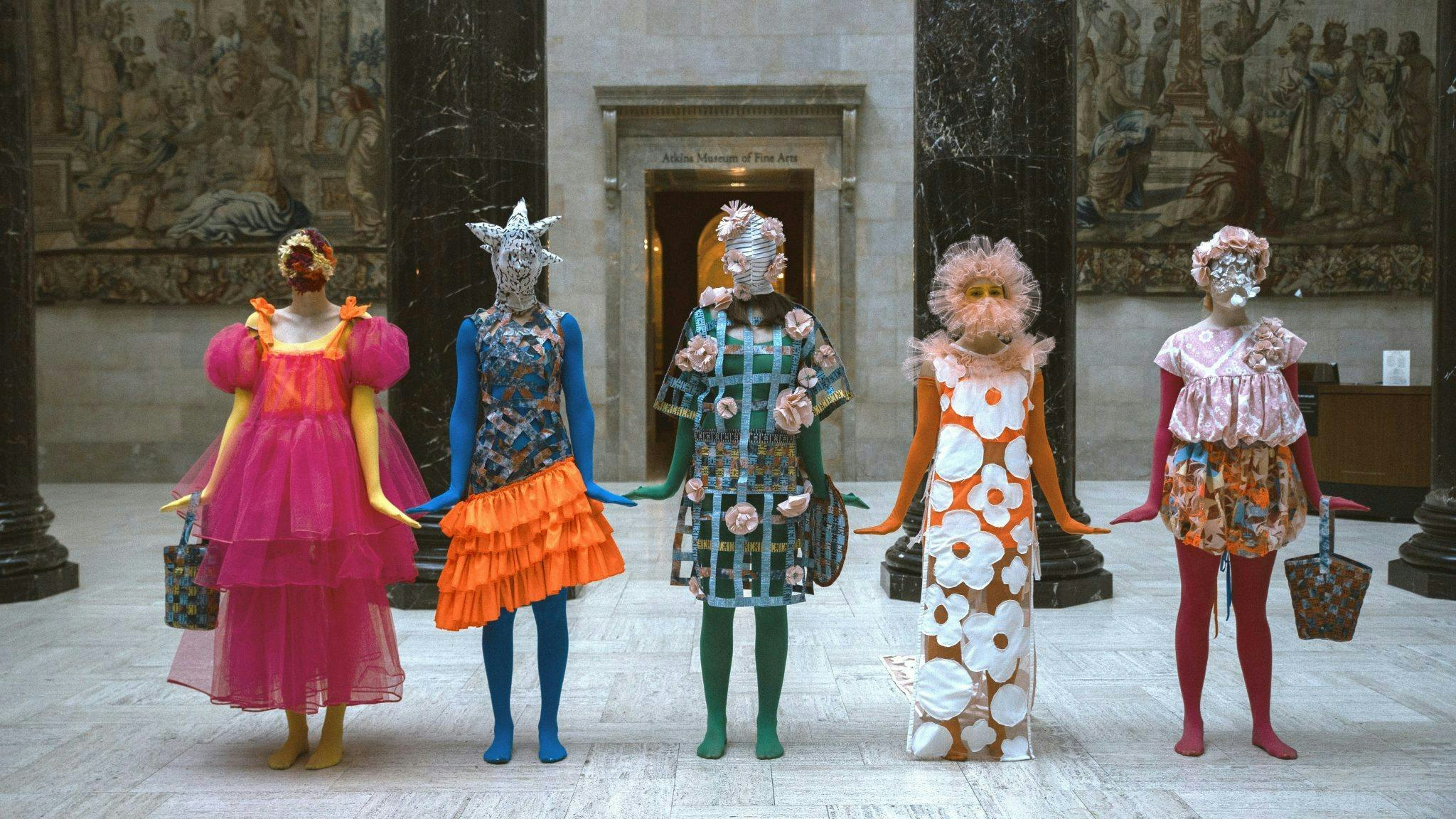
More looks from Pangea’s collection, created exclusively with clothes donated by people in Miami.
Obviously, the pandemic has accelerated the digital aspect of the fashion industry. I was wondering if you could reflect on the role of technology in the fashion industry and its future?
Technology with regard to transparency in manufacturing is going to be a massive way forward. Especially with consumers and brands’ interactions beyond going to a store and thinking I am going to buy this thing. I would like for technology to allow the industry to be more transparent with itself but also give an eye and a view to consumers. If people actually know how things are made, their behaviour changes.
Or if we used technology in a more social sense, like sending pictures of the things you don’t want anymore to see if they are wanted. Especially with social media, people could do closet cleanout amongst their friends.
This is really what Save Your Wardrobe is in terms of combining the social and the technological in a move for greater sustainability in the industry. In terms of the role of tech in the fashion industry, SYW is enabling digitalisation for your wardrobe in order to get closer to your clothes and reuse, mend and tailor them. One great social feature is the ability to share your outfits with friends.
That’s exactly what I mean, and the industry is not going to change itself – at least not quickly – because it is making a lot of money so it has no reason to do so. We have to take the power ourselves as consumers and definitely as independent designers and start to push those shifts and hopefully, the bigger brands will follow.
I am also very excited to see what technology holds for the future of recycling, I think that is going to be a massive development. Most of the recycling we do in the US is our trash being sent overseas to be recycled. It is such a messed up loop. We are importing all this plastic and then we are sending it back – literally what are we doing? The deeper you look the more you find these insane loops.
What do you think a post-Covid fashion industry is?
It is a complex question. I think people do not have a lot of income, so many have lost their jobs. If people are buying clothes for themselves are they just going to go back to fast fashion as that is what people can afford? Or after being trapped at home for months will people have realised they have too much stuff and it is better to buy a few pieces that are really special? In terms of the industry, I think it is going to try and go back to normal.
That being said we are starting to see brands using more recycled materials. Some recent collections are using recycled materials, for example Mimi Wade had some upcycled materials in her collection. Preen and Viktor and Rolf also used upcycled materials in their recent collections.
Pangea’s approach to fashion creation is helping fashion become more sustainable. If this is something you would like to dig deeper into, don’t hesitate to check out the first blog of our sustainable styling series.
For more of on Pangea and her wonderful zero-waste creations see @_pangeakalivirga on Instagram
Her website: https://www.pangeakalivirga.com
For further discussion with Pangea about her collection and the power of technology make sure to read THREAD magazine (ducfs.co.uk/thread) released later this month!

